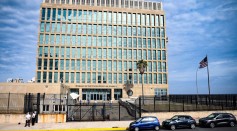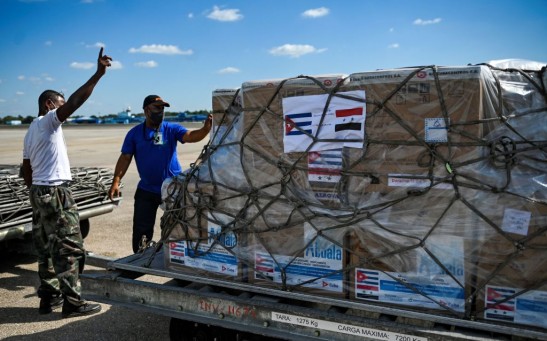Cuba

Havana Syndrome Causes 2 US Officials to Fall Ill; Mysterious Disease and Symptoms Explained

Tackling the Animal Problem in Cuba: Government To Pass First Animal Protection Law
Cuba eradicates mother-to-child HIV
Cuban Lung Cancer Vaccine Coming Ashore in the US
Could New HIV Strain Cross the Atlantic? Fears of the Spread of Aggressive HIV from Cuba
New HIV Strain in Cuba Has Researchers Rushing to Stop Fast Progression of AIDS
In Wake of Changing Diplomatic Relations, Cuba Reasserts Communistic Regime
While US Moves Forward, Cuba Stands Still—Diplomatic Relations in Stand Still
Mangrove Trees Protect Cuba, Florida From Rising Sea Levels Caused by Climate Change
Most Popular

How Technology Is Changing the Real Estate Industry?

Study Reveals High Turnover in Scientific Research Careers: What This Means for Future Scientists

How a Plant-Based Diet Can Protect Against Breast Cancer: Insights from Nutrition Research

Why It's So Difficult to Lose Weight: The Biological Explanation Behind Obesity






